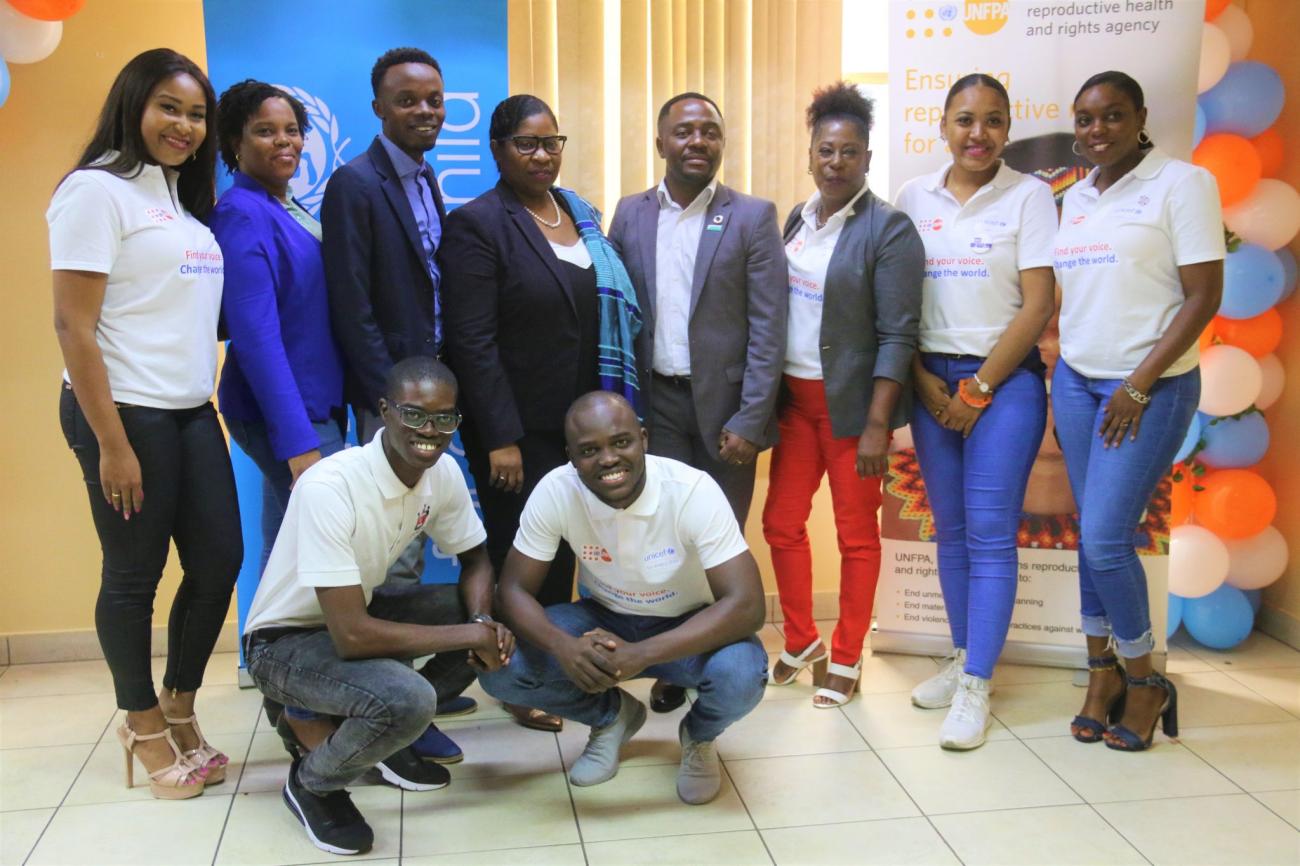Rooted in sustainable development goal #4, this year's theme highlights efforts to make education more inclusive and accessible to all young people.
The United Nations Population Fund (UNFPA) and the United Nations Children’s Fund (UNICEF) celebrated International Youth Day 2019 with a youth conference on August 17 at Hotel Torarica-Paramaribo. Various stakeholders, in particular youth-led organizations, came together to discuss the current benefits for education in Suriname and opportunities to promote and promote lifelong learning for all, to ensure inclusive and fair quality education in Suriname through knowledge and ideas about share critical factors. From July 2016, the estimated average population of Suriname is 575,763. In Suriname, the current adolescent population is around 17%, while 25% are classified as young people.
Their rights to quality education, employment, safety, participation and health services, including sexual and reproductive health, are described in, among other things: the national development plan 2017-2021; the draft strategic plan of the Ministry of Education; the national action plan for the prevention and reduction of child labor 2017-2021; the sexual and reproductive health and rights national policies and; the national strategic plan for health and well-being (NSPH) 2018-2028 and the integrated framework for the development of young people from 2013-2016. August 12 was proclaimed International Youth Day for the first time by the UN General Assembly in 1999 and serves as an annual celebration of the role of young women and men as essential partners in change, and an opportunity to raise awareness of challenges and problems facing the youth of the world.
This year’s theme highlights efforts to make education more inclusive and accessible to all young people, including those of young people themselves. Rooted in goal 4 of the 2030 sustainable development agenda – “ensuring inclusive and equitable quality education and promoting lifelong learning opportunities for all”. Education is a ‘development multiplier’ because it plays a central role in accelerating progress across all 17 sustainable development goals, whether it is poverty alleviation, good health, gender equality, decent work and growth, reduced inequalities, measures against the climate or peaceful societies. Comprehensive development of young people benefits society as a whole. What is less known, however, is the fact that young people themselves are active champions of inclusive and accessible education.
Youth-led organizations, as well as individual young people, together with different stakeholders and governments, are transforming education specifically so that it becomes a fundamental tool for both sustainable development and the full integration of different social groups. Organizations led by young people, for example, transform education through lobbying and advocacy, partnerships with educational institutions, the development of additional training programs.


